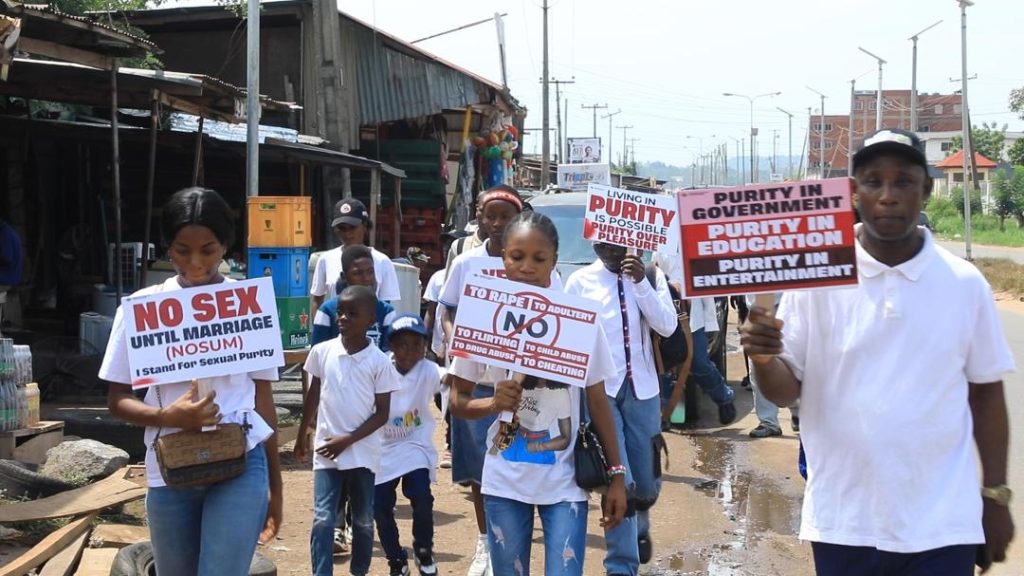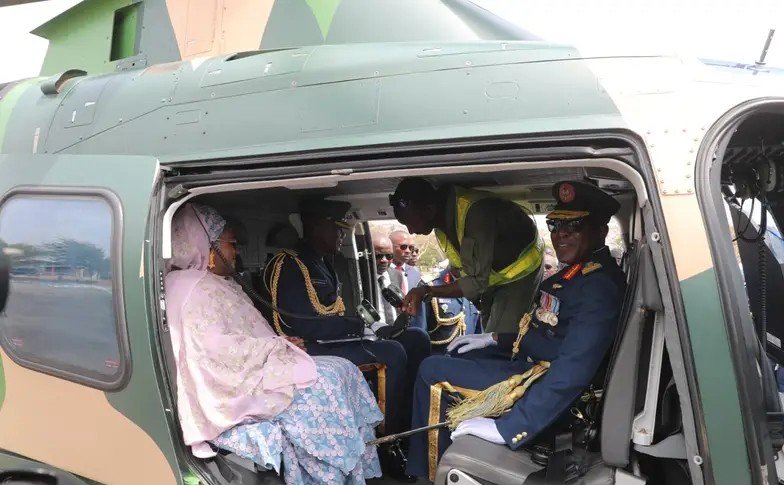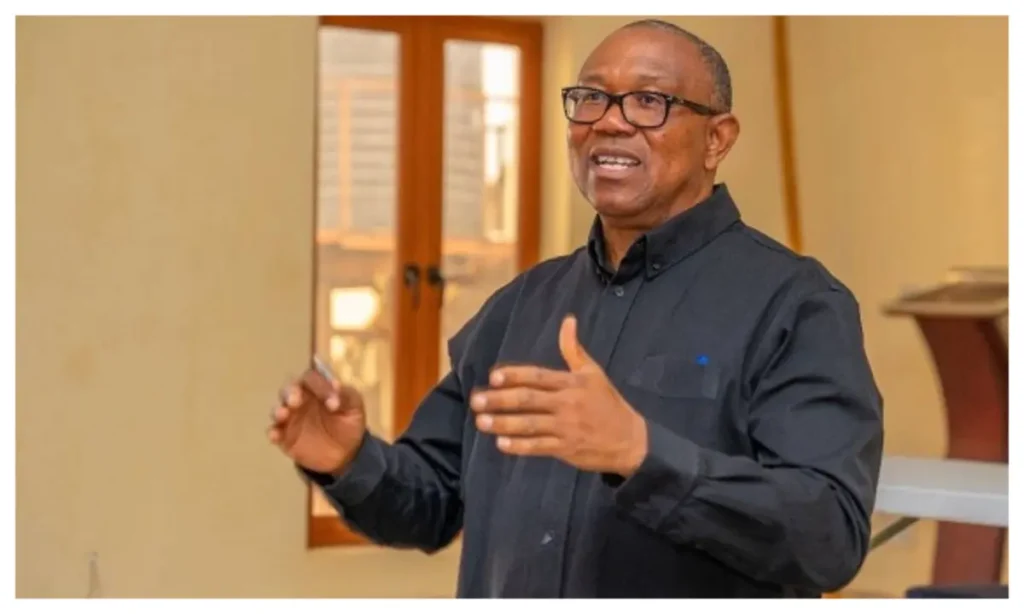World leaders are set to convene in the Brazilian Amazon on Thursday to reaffirm their commitment to addressing climate change, despite the absence of the United States and other notable challenges. The two-day summit, held in the city of Belem, will bring together around 50 heads of state and government ahead of the annual UN Conference of Parties (COP) climate negotiations.
The meeting aims to demonstrate that climate change remains a top global priority, despite broken promises and setbacks. UK Prime Minister Keir Starmer and French President Emmanuel Macron are expected to attend, while other major economies, including China and India, will be represented by deputies or climate ministers.
The choice of Belem as the host city has been controversial due to its limited infrastructure, with high hotel fees posing a challenge for small delegations and non-governmental organizations (NGOs). However, authorities have invested in new buildings and renovations, and locals are optimistic about the potential benefits of the summit. “The COP is bringing Belem the recognition it deserves,” said Karol Farias, a 34-year-old makeup artist.
Brazil is not seeking to secure a major agreement at the summit, but rather to send a clear signal that nations remain committed to the climate fight. However, the US absence and Brazil’s recent approval of oil drilling near the Amazon River are likely to be awkward reminders of the challenges ahead. The summit also comes amid concerns that the target of limiting global warming to 1.5 degrees Celsius above pre-industrial levels will be missed.
Host Brazil is still working to find affordable accommodations for cash-strapped countries, and has secured outside funding to provide free cabins on cruise ships for delegations from low-income nations. The country has acknowledged the difficulties in rallying climate action at a time of global uncertainty, but is pushing for a global fund to reward tropical countries for protecting rainforests and emphasizing the need for adaptation measures.
Brazil’s President Luiz Inacio Lula da Silva has called for action, saying “enough talking, now we have to implement what we’ve already discussed.” The summit is seen as an opportunity for accountability, with leaders expected to deliver a clear mandate for ambitious action to address the climate crisis. With the world projected to warm by 2.5°C by the end of the century, even if all current commitments are met, the need for urgent action is clear.



